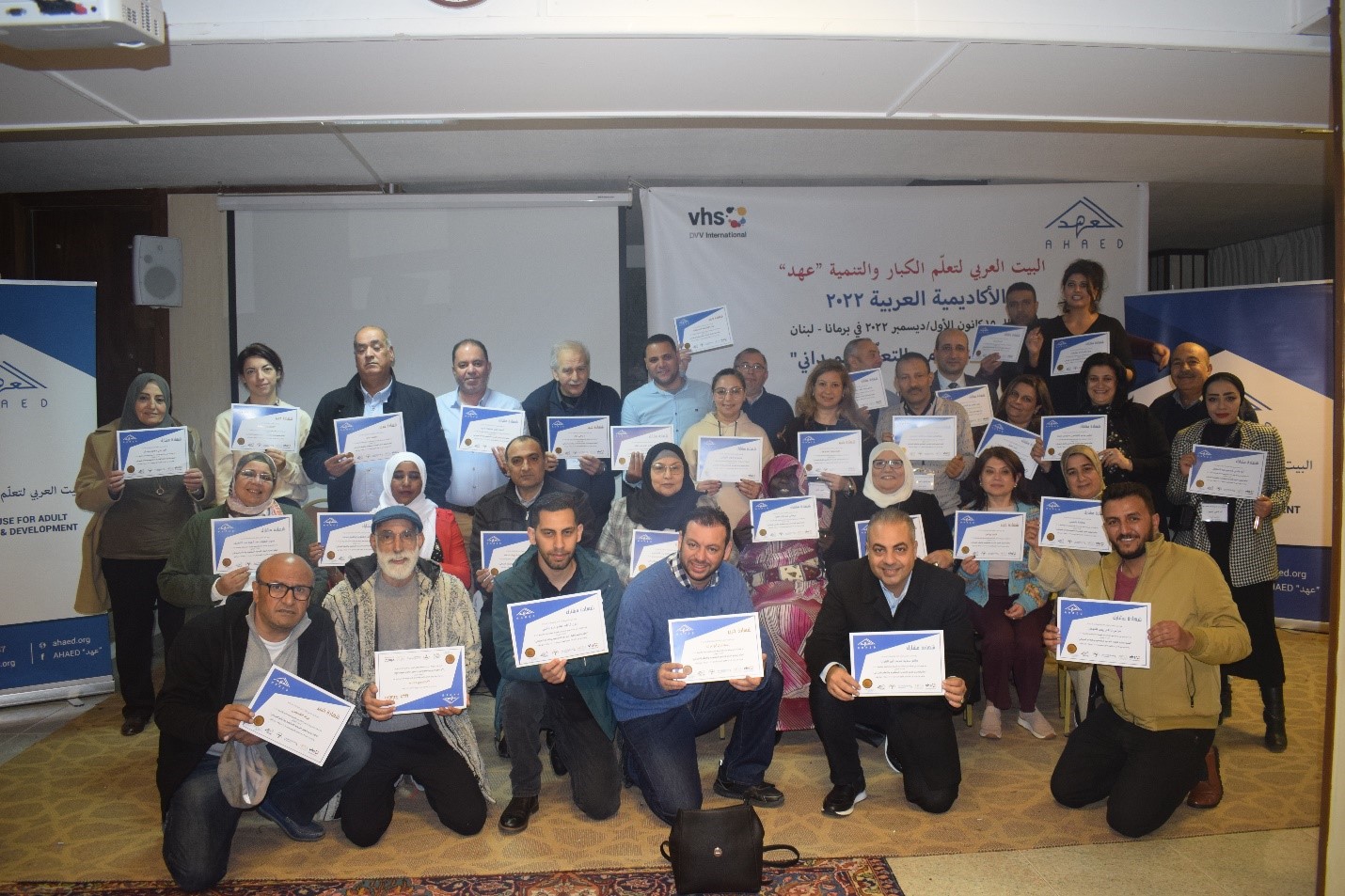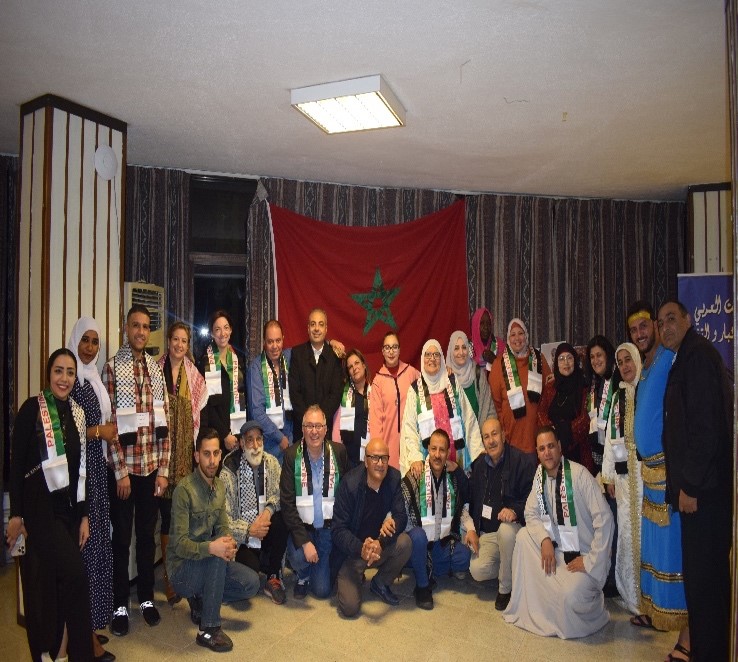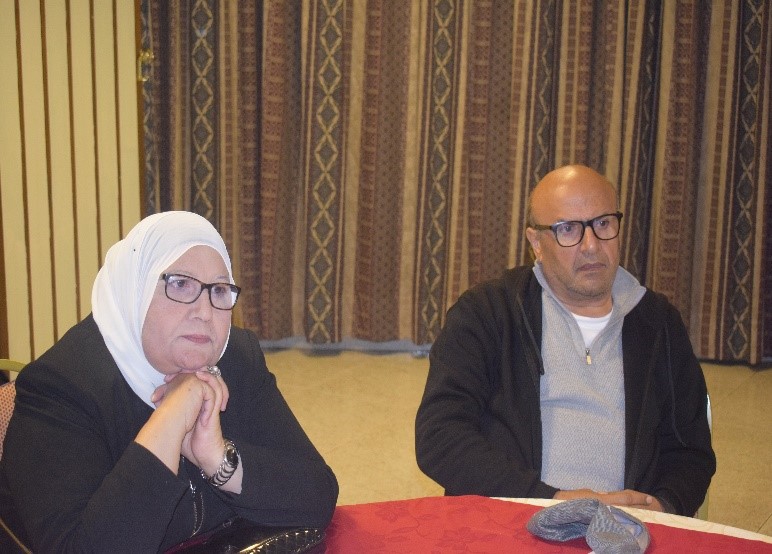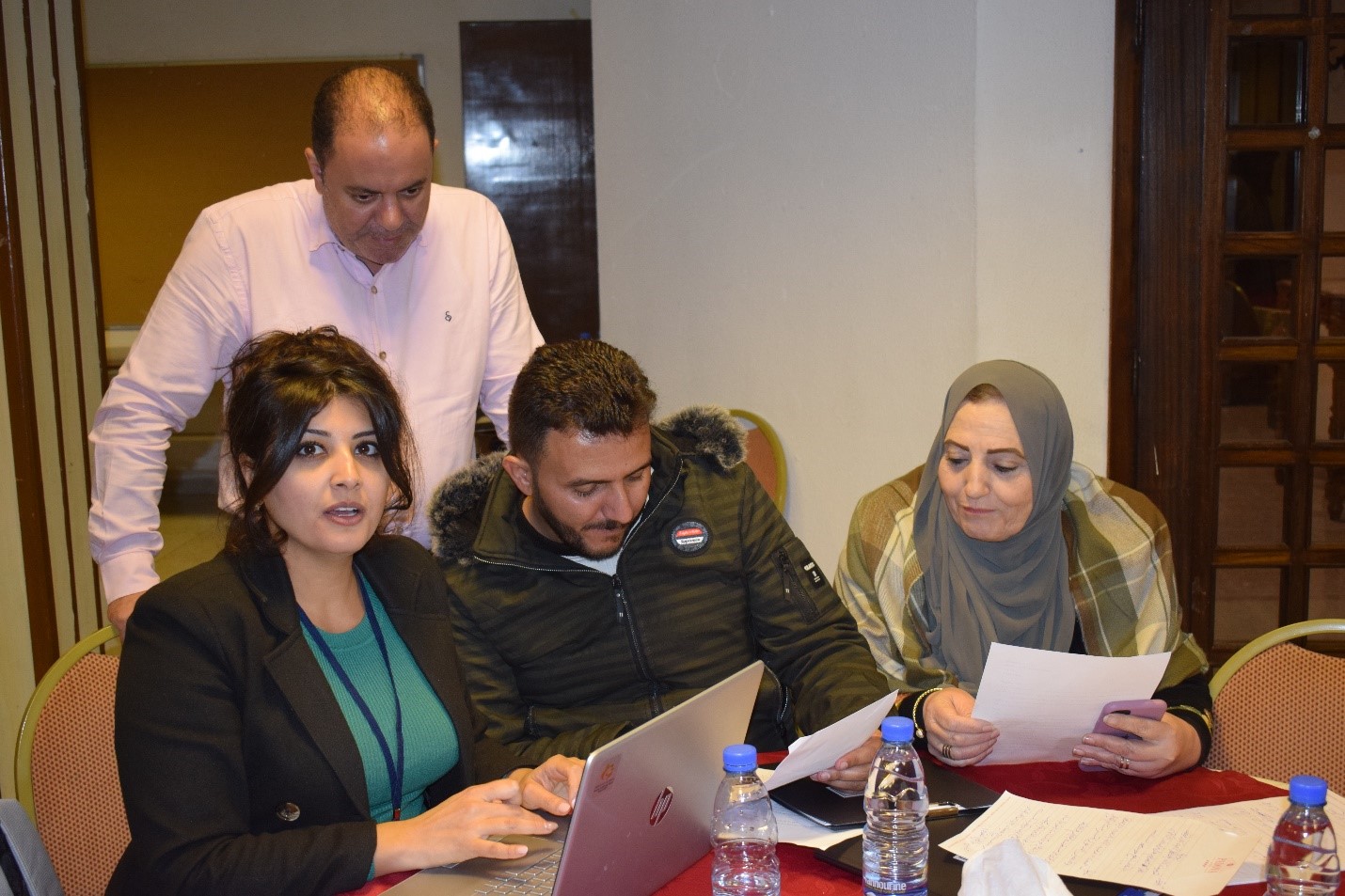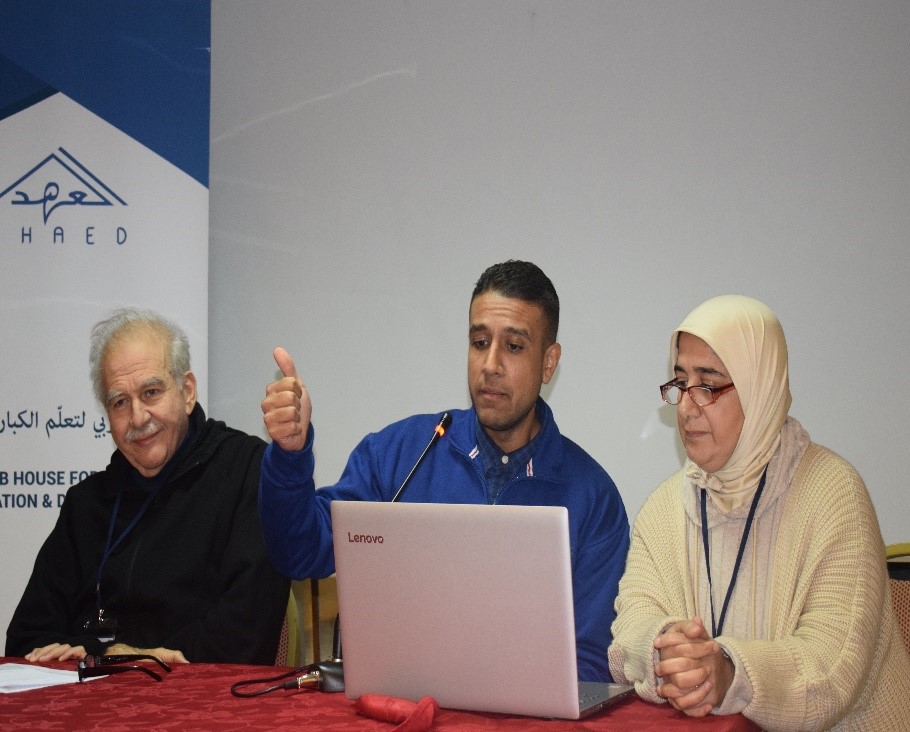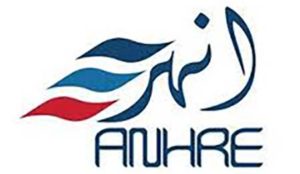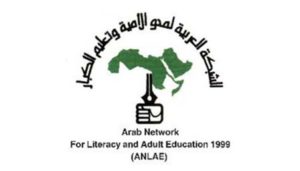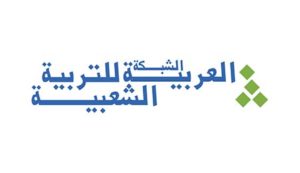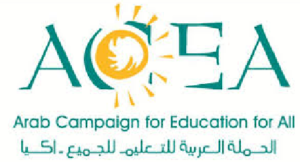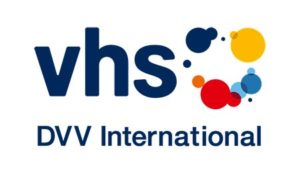8-15 December 2022 – Broumana – Lebanon
Report
1. Target group and number of participants
The Arab Academy launched its annual formation in Lebanon. 34 representatives of Arab networks, aged between 30 and 70 y.o., from many arab countries Egypt, Jordan, Morocco, Palestine, Yemen, Iraq, Sudan and Lebanon. Leaders from local and international NGO local working in Adult Education field, arab teachers and sociologists, employees from private and public sectors participated during one week program in sharing their experience and their thoughts on the renewal of educational concepts. 18 men and 16 women were discussing educational matters, participating in discussion groups and being familiar with the role and policy of the AHAED Network.
2. Course contents and learning objectives
The main objective of the formation was to exchange expertise among participants and information about the Adult Education programs in the Arab world in order to work on the renewal of educational concepts and how to apply them in their societies, in addition to new educational matters that are issued in that field today.
The learning contents were:
- New concepts must be based on the human values and linked to the field work.
- “Global Citizenship” a new concept issued at the thematic seminar in Cairo which is centred on clarifying a number of rules: knowledge of the linguistic and terminological meaning of words and concepts, evolution of the meaning of the concept, analysis of the semantic structure of the concept and distinction between the basic elements and sub-elements, enabling the origins of the Arabic language, as well as observance of cultural, linguistic and logical privacy.
- Critical culture and how an individual can build a critical personality that is based on research and seek to confirm the validity, relevance and credibility.
- Artificial Intelligence and its Impact on human beings and the labour market in the future.
- Environmental issues related to recycling, thermal emissions and climate change challenges which the adult Education has to raise awareness on all these issues.
- “Transformative education” and the need for change in education and how it affects the social and psychological levels and will have a positive impact on the learner’s life and his future.
- New innovations of concepts, educational vision and transformations that surround the human being drive him to rethink his terms and ideas.
- Re-reading terminology in teaching and learning based on the scientific and technological progress towards the knowledge society that imposes on everyone the need to strive constantly to keep pace with its rapid and uninterrupted changes and renewals “Lifelong learning” and here stands out the importance of a “Human Researcher”.
- Adult Education, continuous life-long learning and open learning is the trend now in Adult Education.
- Highlights on the role of DVV International office, UIL and AHAED contribution in the Arab Education, in addition to the Global Education Campaign and the policies of each one.
- Human rights education and how it turns skills into behaviors for a more just and free life.
- And from the practical way, participants participated in workshops about renewal concpets of “Illeteracy”, “Adult Education”, “Empowerment”, “Human Rights Education”, “Transition from literacy to education”, “Social Education” and “Upraising Education”.
3. Changes
The formation proceeded as planned in every detail and according to the schedule. The only and small change, was the intervention of Mr. Grant from the Global Campaign for Education, it came out of the schedule but AHAED saw it an opportunity giving him a space to share with the participants the GCE strategy including the Adult Leaning Education issues and the need of cooperations.
4. Contents and methods
Theoretically view, each speaker presented his intervention and paper to the participants and then giving them time to ask their questions or sharing their expertise. It was an effective and excellent way, especially through the debate that was running. There was sometimes a digital presentation that allowed the participants to follow and be more focus. Some interventions were through virtual application as Zoom.
Practically, the participants were divided into working groups and they coordinated in re-conceptualzing many educational concepts, then presented them and shared them in front of others and then the moderator gave his final remarks and conclusion that came out from the workshops.
5. Critical evaluation and overall assessment of impacts
The Arab Academy prepared an evaluation form and distributed it to participants who in turn wrote their feedback, and it was available online. The Academy took their feedbacks and will follow-up through AHAED.
The methodology was effective, and the formation has achieved its objectives by linking these Arab experiences with each other and making them cooperate in order to develop the means adopted. It was also a space for the participants to know more about the work of the partners and international supporting organizations and offices and their policies and all effects were positive.
The evaluation was positive, and participants agreed on the diversity. It was an opportunity to interact and produce new concepts that serve the scientific research, and the necessity of applying these new concepts in the Arab world through meetings and in raising awareness. The Academy was an intellectual effort that never separated from field application in adult learning and education. Therefore, the participants express the need for a follow-up with the AHAED network in the future and more cooperation in the field work.
The recommendation remarks were about:
- Reducing time, because the Academy required an intellectual effort, and there was not enough time to rest.
- Some subjects such as critical culture, artificial intelligence, and adult greening needed more time, because the topics are so new and rich.
- The questions in the workshops should be different depending on each concept.
